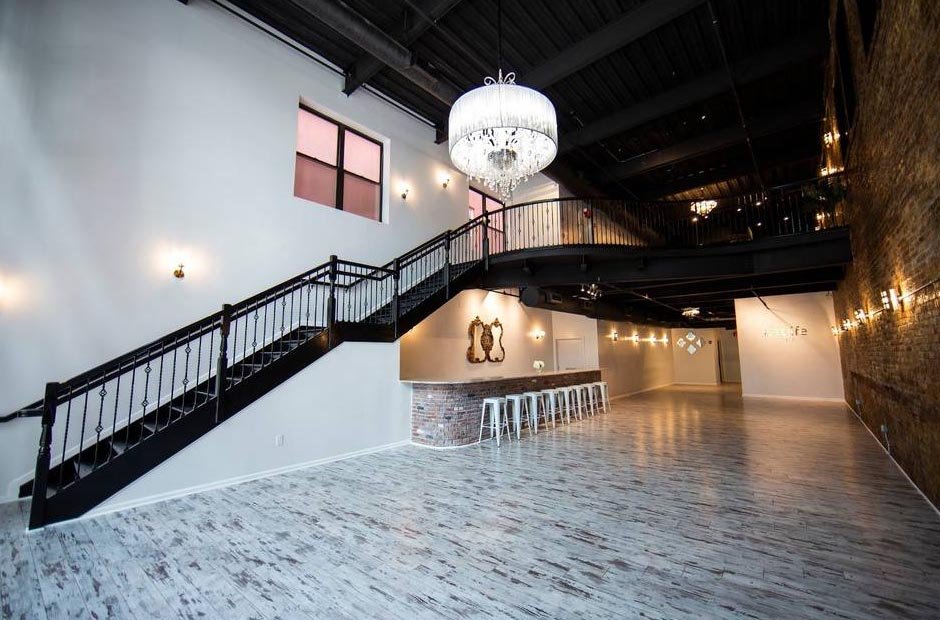Finding a new place to live can be daunting. In today’s market, even rent seems impossible to some households. A loft is simpler than an apartment; it typically has an open floor plan rather than being divided into rooms. Many lofts are built in old industrial buildings, but newer builds are also taking on the loft style.
Lofts are easier to maintain than homes, but tenants are renters who must abide by a lease. Like every living situation, Loft living has its pros and cons. So let’s look at how you can make the best of Loft living in Philadelphia.
Table of Contents
Benefits of Loft Living
Loft living doesn’t appeal to everyone, but it offers many benefits to renters in the city. The most obvious is space: lofts offer wide spaces with high ceilings, giving you immense flexibility for organization and decoration. The open floor plan helps the space to feel less congested than a traditional apartment, and you won’t be limited by low ceilings. Who doesn’t want to mold their living space to fit their tastes— or mood?
The next benefit is natural lighting. Lofts have high ceilings, which lead to large windows. Natural light has an easy path to your homestead, lighting the space and providing the health benefits of sunlight. Additionally, you can save on electricity by relying on that natural light during certain hours of the day, based on what direction your windows are facing.
Many loft-livers love the industrial and rustic highlights that come with a traditional loft. Exposed brick and visible ductwork create a certain aesthetic that avid decorators can lean into when styling their loft. The vaulted ceilings are the limit to customizing such open space.
Cons of Loft Living
No living situation is perfect, and even lofts have their downsides. However, if you are aware of the limitations of a loft, you can better prepare for them. An honest look at the lofts reveals a surprisingly loud, echo-y space. Lofts have amazing acoustics, which can be great if you like listening to or playing music— and if it’s not great, you can generally minimize the effect with certain types of decoration, like textiles.
The loft’s biggest benefit of a flexible open space also leads to an initial weakness— little to no immediate storage. No closets, no cupboards, no nooks or crannies. You will be responsible for creating organizational spaces rather than relying on traditionally available storage.
Another weakness is keeping the loft comfortable. Large, open spaces make it harder to keep cool or warm as needed, and you may end up with high utility bills trying to keep the indoor climate under control.
Helpful Tips to Love Your Loft
If you plan to move into one of the available Philadelphia lofts, you should face its weaknesses head-on.
For acoustics, you can decorate with textiles like area rugs or wall hangings to minimize echoes. Pinterest and influencer spaces are full of suggestions for creating storage in certain spaces; one popular suggestion is under-bed storage cabinets and storage headboards. You can also purchase furniture from thrift stores to make your own before stashing your things.
Many room dividers also have shelves or other storage spaces. If you want to create a sense of separate rooms, get the most from your dividers. Storage cubbies are also your friend and don’t forget wall hooks and shelving.
Additionally, don’t ignore your corners! There is a variety of desks, shelves, and lights built to work best in a corner, helping you take advantage of your entire space.
Know Your Budget and Research Your Options
When you are looking for a place to live in Philly, it’s important to know your options. Take a steady look at your budget and work with a real estate agent to find the type of living space that will best fit your needs. Consider making a checklist of what you need and what you refuse to deal with. Working out your deal breakers and must-haves can help you narrow down options before you start booking tours and inspections.
Remember that your budget needs to include more than just rent; you will need to pay your utilities, pay any bills, and buy yourself necessities like food. Just because your income qualifies you for certain spaces doesn’t mean you can actually afford them. A local real estate agent can help give you an idea of average utilities and other costs of living.










